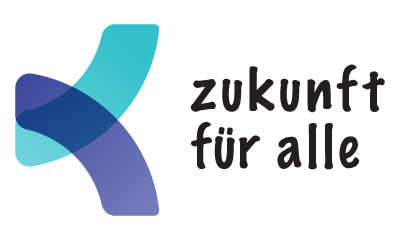You have finished school and received your diploma. It is certainly a good reason to celebrate. But what now? Work or study? It is not that simple! If you have decided to receive vocational training, the question of what type of training you want to receive remains. You have several options.
We explain what vocational training actually is, what types of vocational training there are and how they differ from each other. Find out which type of training is right for you and start your professional career.
If you also want to learn more about the types of vocational training programs in Germany and the similarities and differences between them or want to participate in programs, you should benefit from DEKAzubi consulting services. DEKAzubi provides you with information on this subject and helps you manage your future and career in Germany in the best way possible.

Types of Vocational Education
Some of the types of vocational training (Ausbildung) in Germany are:
1. Dual Education (Dual Ausbildung):
- Dual training is a training program usually carried out in conjunction with businesses.
- Students receive both theoretical classroom training and practical experience in the workplace.
- This type of education gives students the opportunity to focus on workplace needs and practical skills.
2. School-Based Education (schulische Ausbildung):
- School-based education is a traditional education model where students mostly receive theoretical education at school.
- Practical experience is often provided through internships or workplace visits, but not through collaborative businesses, provided by the school.
3. Specialist Training (Duales Studium):
- It is a type of education that aims to specialize in a certain professional field.
- Students take focused classes to develop their skills in a particular area.
- This type of training is suitable for students who aim to gain expertise in a particular industry or sector.
These different types of education offer students different ways to gain professional training to suit different needs and goals. Dual education is a popular option for students who want to gain experience in the workplace and develop their professional skills in practice. School-based education, on the other hand, is a more traditional approach, focusing on theoretical knowledge while providing practical experience through internships or internships. Specialized education is a suitable option for students who want to gain in-depth knowledge and skills in a specific field.
Other types of education include:
1. Special Vocational Trainings:
- Although they are not standardized, they are generally based on a binary system.
- For example, Abitur programs, sometimes called "dual initial qualification training", are one example.
- This type of training is usually aimed at high school graduates and may be offered particularly by large supermarket chains.
2. Special Career-Focused Vocational Training Programs:
- There are educational programs designed for a specific target audience or to prepare for a specific career.
- For example, special training programs are available for those who want to work in the public sector.
- Such programs are designed to address sectoral needs and career goals and are often supported by relevant organizations or public institutions.
3. Vocational Training for People with Disabilities: (External Education for People with Disabilities)
- Special education programs are also available for individuals with disabilities.
- These programs aim to help individuals with disabilities develop their vocational skills and participate in the workforce.
- Education for people with disabilities provides a supportive environment tailored to their specific needs and abilities.
These different types of education cater to a variety of needs and goals. Each allows individuals to choose the most appropriate educational path based on their abilities and career goals. Top of Form

